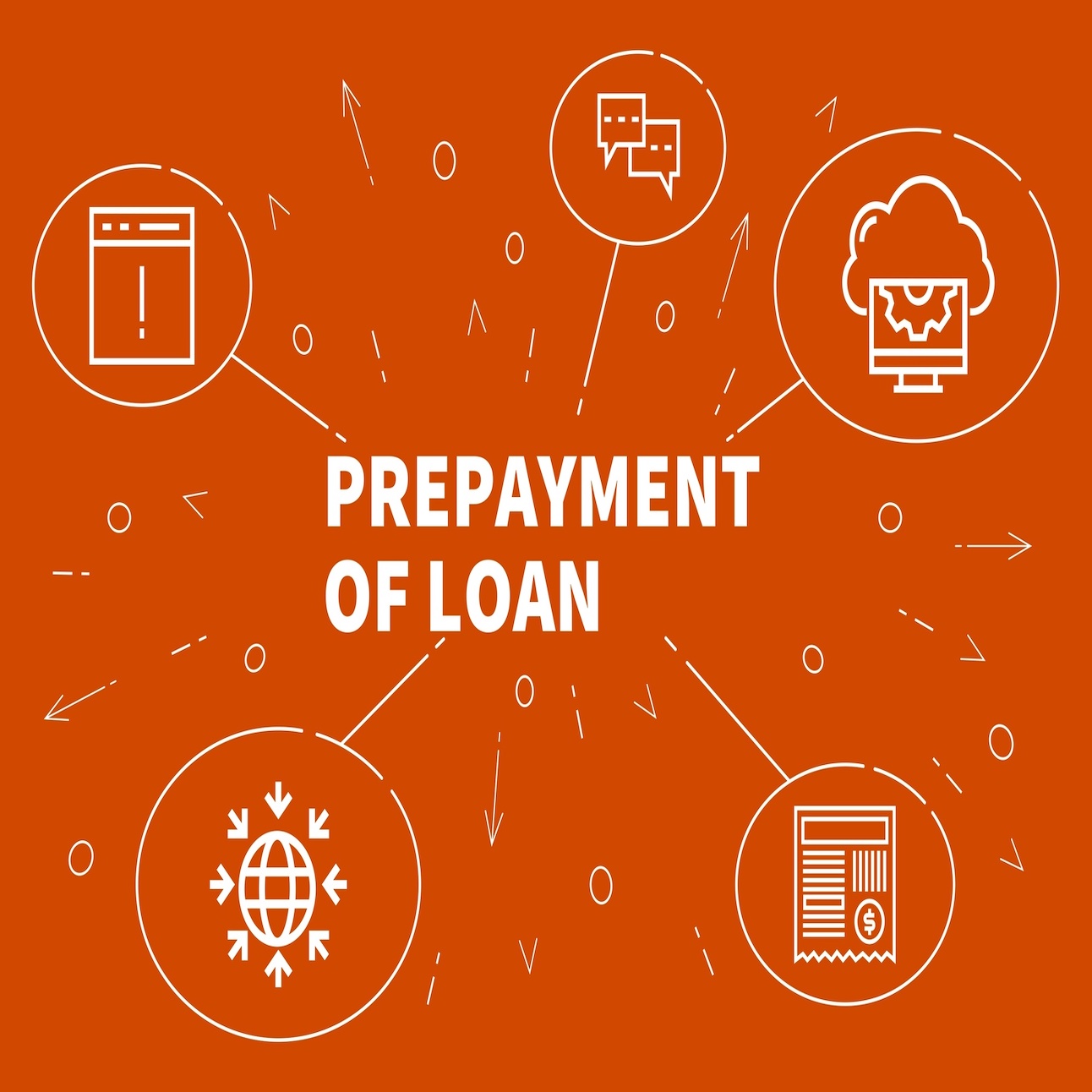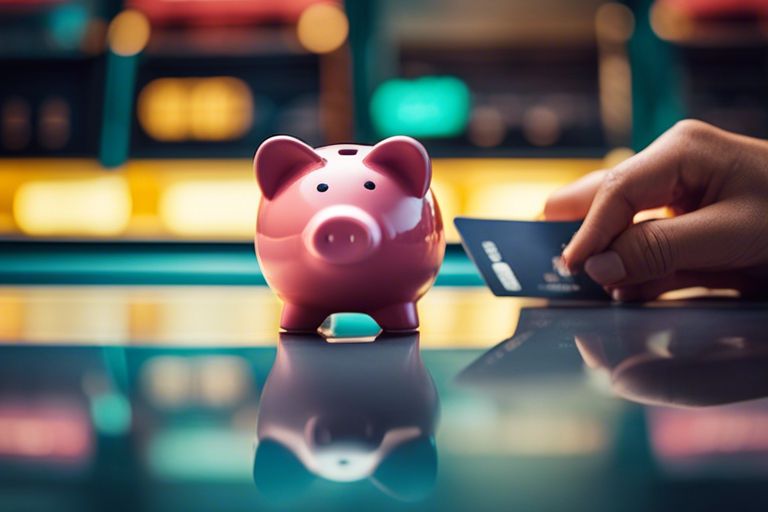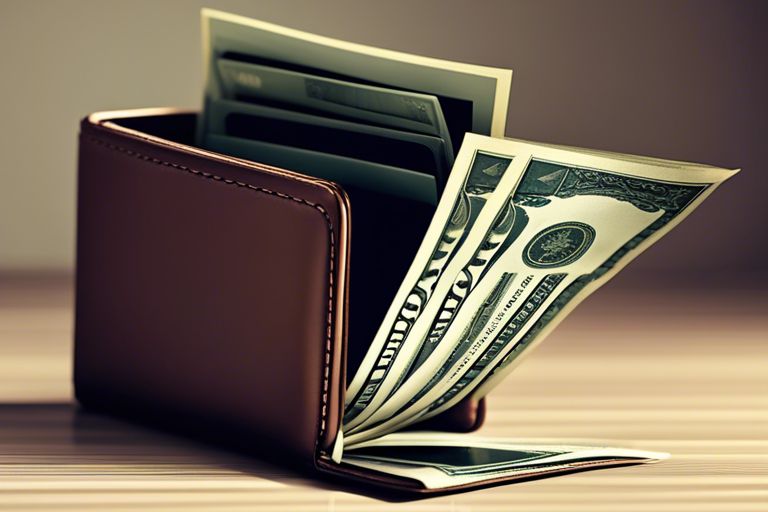
You’ve been working extra hours, and now, you’re considering paying off your personal loan early. Smart thinking.
Paying off loans early can instantly free up cash so that you can save for a new vehicle, vacation, or retirement in Canada.
Not so fast, though. While paying off loans early seems like a smart decision, some lenders have prepayment penalties. Let’s examine what a prepayment penalty is.
Prepayment Penalty: What Is It?
Prepayment penalties, also called early payoff fees, are extra fees that some lenders charge their customers for paying off their loans early.
Each personal loan comes with a specific loan term, or the length of time provided to repay the balance borrowed plus interest. Your loan repayment term may be as short as six months or as long as seven years.
If you pay off your loan before the end of your loan term, you may have to pay a prepayment penalty if the creditor charges this.
Let’s say a lender has approved you for a loan with this type of penalty. The term of the loan is four years.
If you make equal, fixed monthly principal and interest payments for four years, you won’t have to pay the penalty. But if you pay a higher monthly amount each month, you will pay off the loan early. This means the lender will charge you a penalty.
Prepayment Penalty Costs
The cost of your penalty will depend on how your lender is charging the prepayment penalty.
For instance, your penalty might be a certain percentage of the loan balance. Alternatively, it might be the interest amount your lender lost because you paid the loan off early. Or, your prepayment penalty might be a flat fee.
Based on the lender’s penalty calculation approach and the amount of money you borrowed, your fee could be several hundred to several thousand dollars.
You should calculate how much interest you’ll save by paying off your loan early and compare this with how much money your prepayment penalty would cost you.
If you’ll save more by paying off the loan early, even with the penalty, then it makes sense to do the early payoff. Meanwhile, if it’s less expensive to keep making payments each month rather than paying the penalty, you shouldn’t pay off the loan early.
Example Prepayment Penalty Scenario
Let’s go over an example of how these types of penalties work.
Perhaps you have taken out a $25,000 loan and the term is five years. The interest rate is a little over 9%. You have just three years remaining on the loan.
If you finish out the term, you’ll pay more than $6,400 in interest. As of now, you’ve made nearly $4,000 in interest payments. In addition, you’ve paid more than $8,500 in principal.
You currently have a remaining loan balance of more than $16,000. If you pay off this balance, you’ll save nearly $2,500 in interest.
Let’s say, though, that your lender charges you a 2% prepayment fee. This equates to a little more than $300, which means you’ll still save a couple of thousand dollars in interest.
This means paying off your loan early would make financial sense in your situation.
Finding Out if Your Loan Has a Prepayment Penalty
As we mentioned earlier, not every personal loan lender charges prepayment penalties. You can find out if your lender does by reading your loan agreement. The agreement will tell you about any fees you might be assessed and how they will be charged.
If you can’t find your loan agreement documents, you may also ask your lender directly if they charge a prepayment penalty.
Important Penalty Considerations
You may decide to pay your loan off early and cover the prepayment penalty since you’ll still save on interest, but this decision may impact you in a couple of other ways. Let’s take a look at them.
Credit Score
Personal loans are installment loans, like mortgages and student loans. If you don’t have a mortgage or student loan, you might want to keep paying on your personal loan instead of paying it off early.
That’s because this can improve your credit score. It will give you a greater mix of credit and increase the number of on-time debt payments in your personal credit file.
Once you pay off your personal loan, your loan account will close. This may cause your credit score to decrease since a closed account is not weighted as heavily as an open one when a consumer’s credit score is calculated.
Personal Savings
If you pay off your personal loan early, this could impact your ability to set aside money for a rainy day.
It may be better to put extra money in your savings account for emergencies versus putting it toward a loan. You could also use this money for investing, save it for retirement, or save it for a home down payment.
How We Can Help You Get a Personal Loan
A prepayment penalty is a fee that your lender may charge you for paying off your loan early. Not all loans come with prepayment penalties. However, even if yours does, you may still save money in the long run by paying off your loan early, as you’ll pay less in interest.
At Kingcash, we’re excited to offer short-term loans for people with urgent cash needs. You can pay these loans back in three, six, or 12 installments. Get in touch with us to learn more about our quick cash loans, and apply today!


